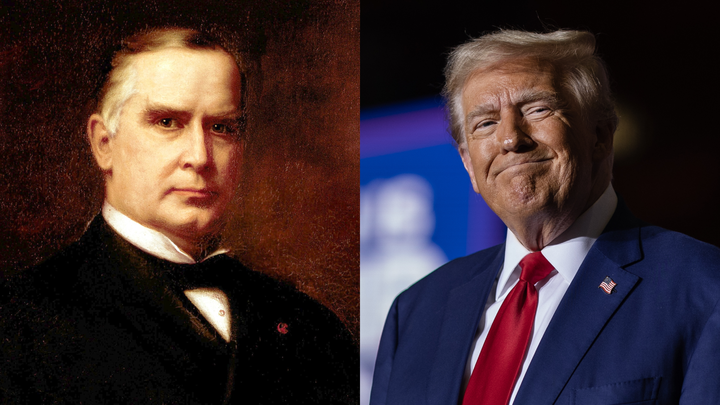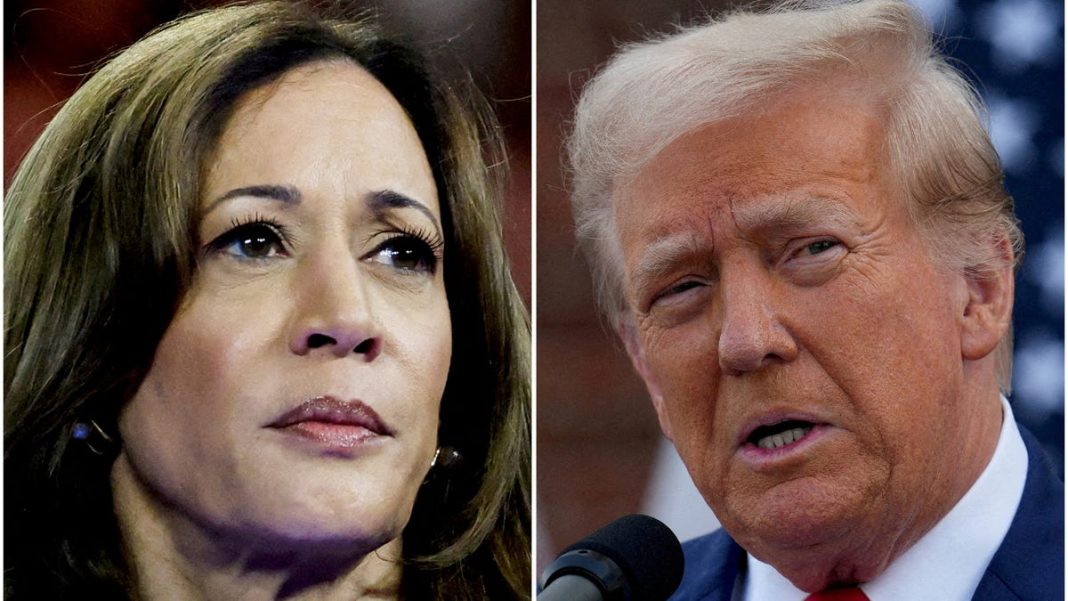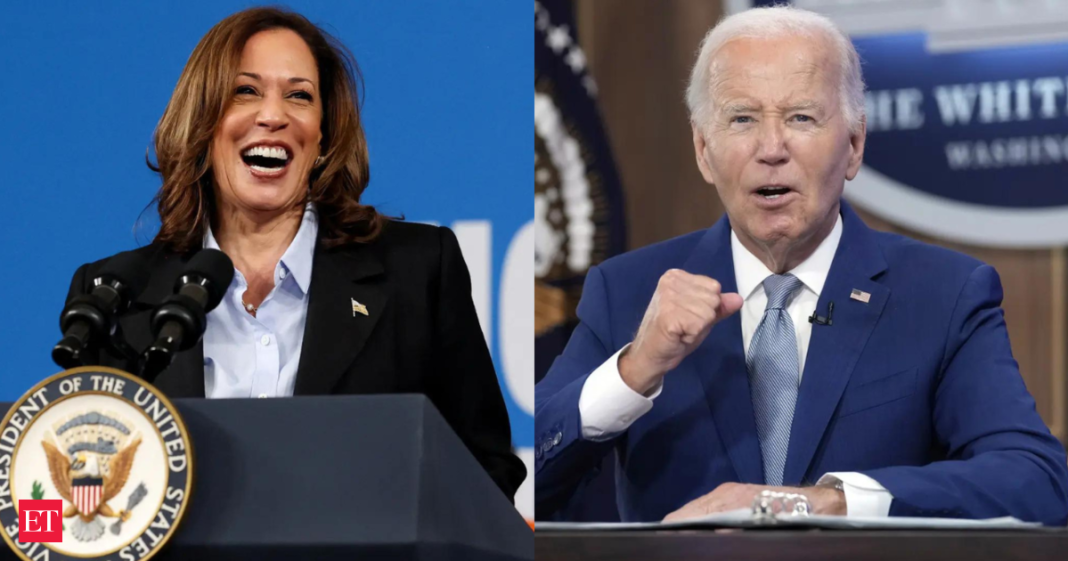Title: Trump’s Fascination with McKinley: A Tariff-Heavy Strategy for 2024?
Former President Donald Trump has garnered attention during his 2024 campaign by repeatedly invoking the late President William McKinley, who has been gone for more than 123 years. This unexpected connection centers around a shared belief in high tariffs as a backbone of economic policy. McKinley, who served from 1896 until his assassination in 1901, is best known for implementing the "McKinley Tariff of 1890," legislation that significantly increased tariffs on numerous American imports.
Trump, at recent rallies, has emphasized his desire to revisit the McKinley era, touting tariffs as a key driver of American wealth. “In the 1890s, our country was probably the wealthiest it ever was because it was a system of tariffs,” he declared at an event in Michigan, reinforcing his belief that a return to protective trade policies could reignite economic prosperity.
The Tariff Legacy: A Double-Edged Sword
Despite Trump’s admiration for McKinley, historians have raised eyebrows, pointing out that Trump’s narrative glosses over the complexities of both McKinley’s policies and the historical context. While McKinley did indeed support high tariffs, he later recognized the drawbacks of such policies, particularly their potential to stir economic downturns. Robert Merry, a biographer of McKinley, noted that as his presidency neared its end, McKinley began advocating for a freer trade system, understanding that mutual trade agreements with international partners would better secure America’s economic future.
The belief that tariffs can propel national wealth has been a recurrent theme in Trump’s campaign rhetoric. His former trade representative, Robert Lighthizer, endorsed this viewpoint, describing McKinley as a pivotal figure for his staunch tariff support. Yet, there’s an ironclad history of economic consequences associated with high tariffs, leading many to view McKinley’s legacy as more cautionary than celebratory.
A Misguided Model?
Interestingly, while McKinley’s era may resonate with Trump and his aides, the complexities of modern economics challenge a blanket return to high tariffs. For instance, a revival of the McKinleyian approach would necessitate exorbitant tariffs—estimates indicate that tariffs would need to reach an average of at least 70% across the board to mimic the revenue structure of the 1890s. In stark contrast, today’s tariff revenue constitutes less than 2% of federal income.
Instead of elevating the U.S. economy, experts warn that such a drastic protective measure could cripple global trade, leading to higher consumer prices and retaliatory tariffs from other nations. According to the Peterson Institute for International Economics, even Trump’s proposed tariffs would yield far less than the extravagant promises made on the campaign trail.
Echoes of History in Modern Politics
There are echoes of historical patterns as Trump addresses a manufacturing-dependent voter base, similar to the political landscape of the 1890s. Many Americans at that time viewed tariffs as a means to safeguard domestic industries, a perspective that seems to resonate today. "Trump has tapped into a protectionist instinct that was almost forgotten in American political discourse," remarked William Bolt, a tariff historian. However, he cautioned that turning back the clock to McKinley’s policies could result in repeating past errors.
As Trump continues to harness McKinley’s legacy in his campaign, it’s clear that the complexities of trade policy and economic strategy are far less straightforward than the rhetoric suggests. The past may inform present opinions, but it also serves as a cautionary tale against oversimplifying economic principles.
Conclusion: A Complicated Path Ahead
In summation, while Trump’s comparisons to McKinley may capture the imagination of some voters, the historical implications are fraught with contradictions and failures that should not be overlooked. McKinley’s policies may have initially spurred growth, but they ultimately proved unsustainable—an evolution that Trump’s campaign may need to reckon with as it seeks to chart a course for the future. It seems the path forward might require more than just a nostalgic nod to the policies of a bygone era. After all, in politics as in life, history has a way of repeating itself—if one isn’t cautious of the lessons learned along the way.



